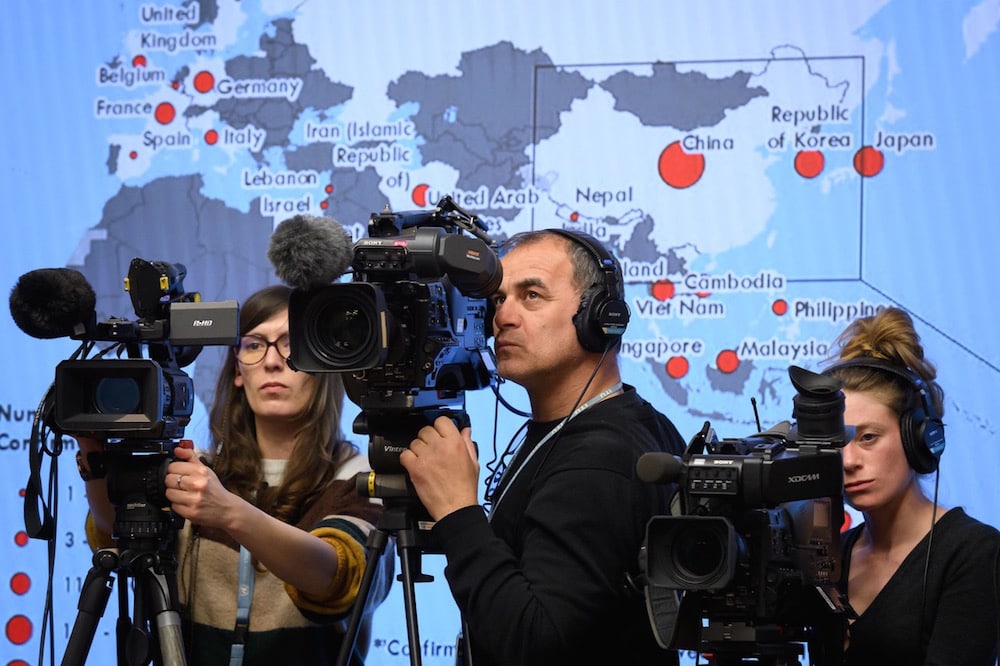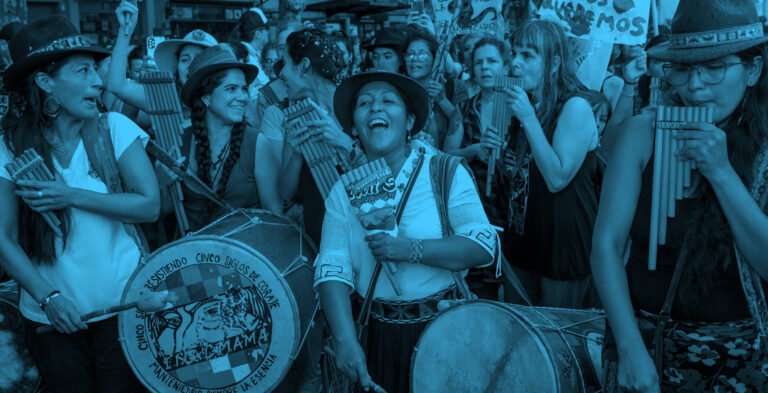Press freedom and media development organizations stress the UN's Verified campaign could be strengthened by acknowledging that free and independent journalism, citizen reporting and open public discourse are indispensable to decreasing the impact of false and misleading information about COVID-19.
The following is a joint letter to United Nations Secretary-General António Guterres, on the UN’s “Verified” initiative to fight COVID-19 disinformation.
10 June 2020
Dear Excellency,
We, the undersigned press freedom and media development organizations, take note of the Verified campaign recently launched by the United Nations. Let us start by emphasizing that we share the concerns about the spread of misinformation during this health crisis and we believe that protection of the right to freedom of opinion and expression through enabling people’s access to information is critical amid COVID-19.
However, we write you today to point out that the campaign could be further strengthened by acknowledging and specifically mentioning that free and independent journalism, citizen reporting and open public discourse are indispensable in both the global effort to counter the pandemic and to decrease the impact of the “infodemic” caused by a flood of false and misleading information about COVID-19.
We note that many governments are actively restricting the work of the media, as many journalists have been attacked, imprisoned, prosecuted and the target of intimidation and smear campaigns for carrying out their journalistic work. They have also unjustly been prosecuted in many countries explicitly on the grounds of spreading misinformation, although they were just doing their job. The recognition of the role of the media would help prevent any situation where Verified could be misused by States and others to target journalists and restrict the free flow of information.
This comes at a time when journalists are increasingly struggling to find the necessary resources to complete their work due to the economic consequences of the pandemic, including through cuts to advertising revenue. The crisis is certain to be most acute in rural and resource-poor communities – exactly those communities where there is a particularly high susceptibility to misinformation.
What we also find is missing in this campaign is the acknowledgment that, as we know from research and our practice, the acceptance of information as true and reliable depends on trust in the sender of that information. If the World Health Organization is not known and trusted by audiences, it is not automatically accepted as true and reliable and can be challenged easily when alternative facts are presented. Sources of information known and close to people often have higher levels of trust and credibility. Local journalists and independent media are therefore important in the fight against misinformation during this pandemic.
We strongly believe that in order to strengthen Verified and bring it in line with the rights to freedom of expression and information and SGD 16.10.2, the Secretary General should:
• Acknowledge in the Verified campaign that free, independent and pluralistic media and journalistic work are essential in order for us to access the information we need to make informed decisions;
• Use Verified as an opportunity to call on States to guarantee the right to freedom of expression when addressing misinformation;
• Urge Member States to replace approaches to counter misinformation that rely on government censorship and criminal sanctions with those emphasizing media freedom; and
• Urge Member States to create a legal and regulatory framework that ensures the pluralism of the media and the broadest possible media diversity as part of this initiative.
We would very much appreciate the support of your office in this effort.
Sincerely,
Leon Willems
Director Free Press Unlimited



